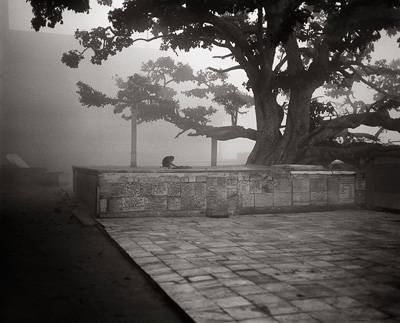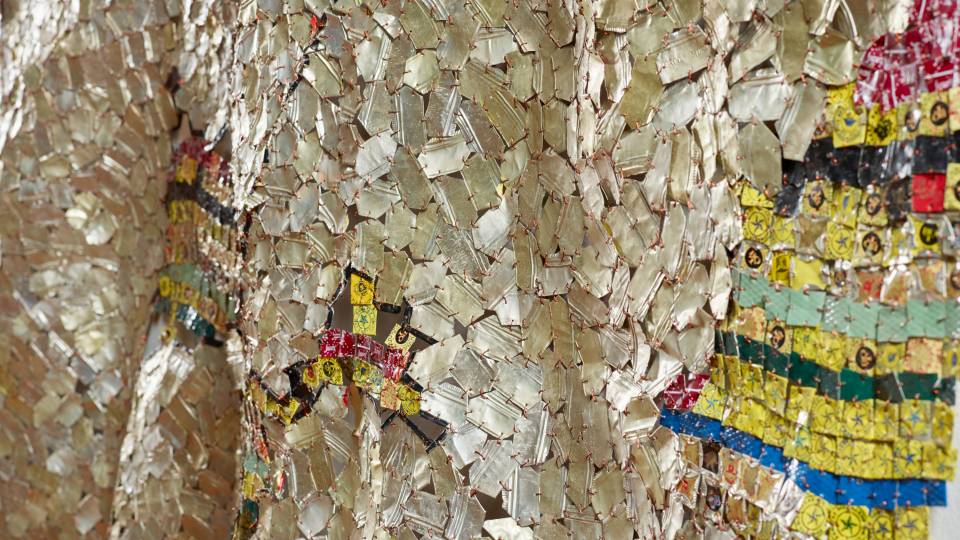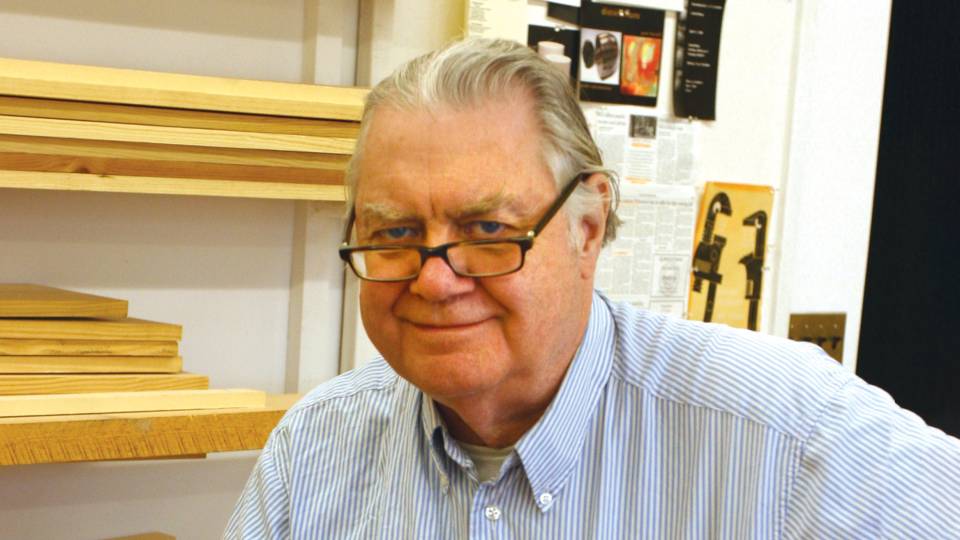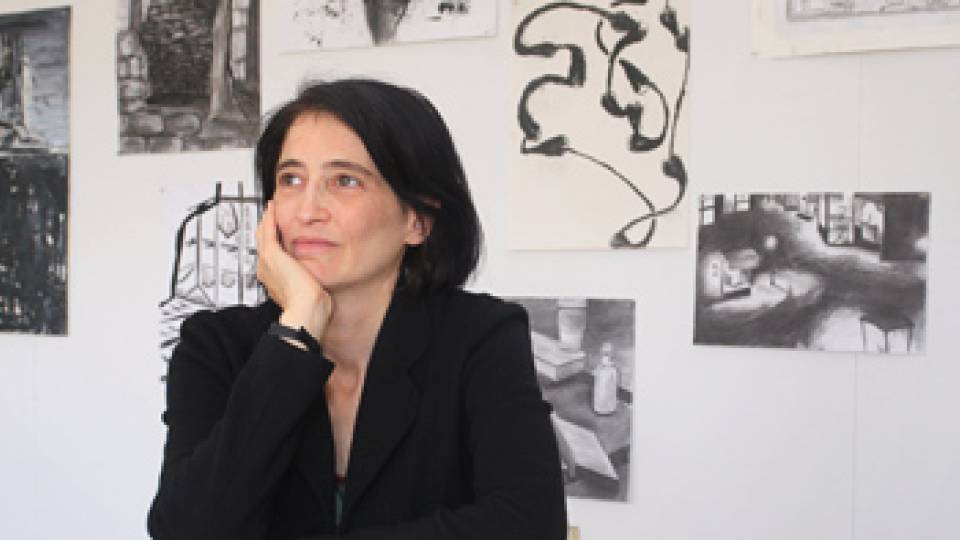"Beloved Daughters: Photographs by Fazal Sheikh," a provocative exhibition of works by the artist, activist and Princeton alumnus, is on view at the Princeton University Art Museum through Sunday, Jan. 6.
The exhibition includes 150 black-and-white photographs in two galleries, uniting two projects that are focused on women in India. The first, "Moksha," which was completed in 2005, explores the lives of dispossessed widows who travel to the holy city of Vrindavan with the ultimate goal of reaching "moksha," or heaven. Its sequel, "Ladli" (or "beloved daughter"), which Sheikh finished this year, examines the perils faced by girls and young women in the changing conditions of modern India.
"Fazal Sheikh's photographs take the viewer into private worlds that are both troubling and deeply moving," said Susan Taylor, museum director. "We look forward to the discussions this exhibition will provoke, both here on the Princeton campus and in our community at large."
Since graduating from Princeton in 1987, Sheikh has worked with displaced communities in South Asia, Africa and the Americas. In 2005 he was awarded a MacArthur Foundation "genius grant" and the Henri Cartier-Bresson International Award, a prestigious photography prize.
Pairing intense camera portraits with testimony from his subjects, Sheikh pursues what he has called "a sense of common ground" between worlds on either side of the lens. Of this exhibition, he said, "The stories told here will come as a shock to many." The girls and women in "Ladli" tell stories of domestic slavery and forced prostitution, of wife-murderers who escape public trial, and of female children who were aborted, abandoned or killed. At the same time, the widows in "Moksha," sequestered in Vrindavan, often describe the solace they take from their state of isolation.

Exhibitions of Sheik's work have been held at Tate Modern museum in London, the International Center of Photography in New York and the Henri Cartier-Bresson Foundation in Paris. His photographs are in the permanent collections of the Metropolitan Museum of Art in New York, the George Eastman House in Rochester, N.Y., and the San Francisco Museum of Modern Art. In 2001 he launched the International Human Rights Series and began posting his projects, including "Moksha" and "Ladli," online at www.fazalsheikh.org.
In connection with the exhibition, Eduardo Cadava, Princeton professor of English, will deliver a lecture titled "Of Veils and Mourning: Fazal Sheik's Widowed Images" at 4:30 p.m. Monday, Oct. 22, in 101 McCormick Hall. In addition, the Princeton Singers will present a concert, "Reflections of Heaven," in the museum galleries beginning at 5:30 p.m. Saturday, Nov. 3. A reception in the museum lobby will follow both events.
The Princeton University Art Museum is open from 10 a.m. to 5 p.m. Tuesday through Saturday and from 1 to 5 p.m. Sunday.







